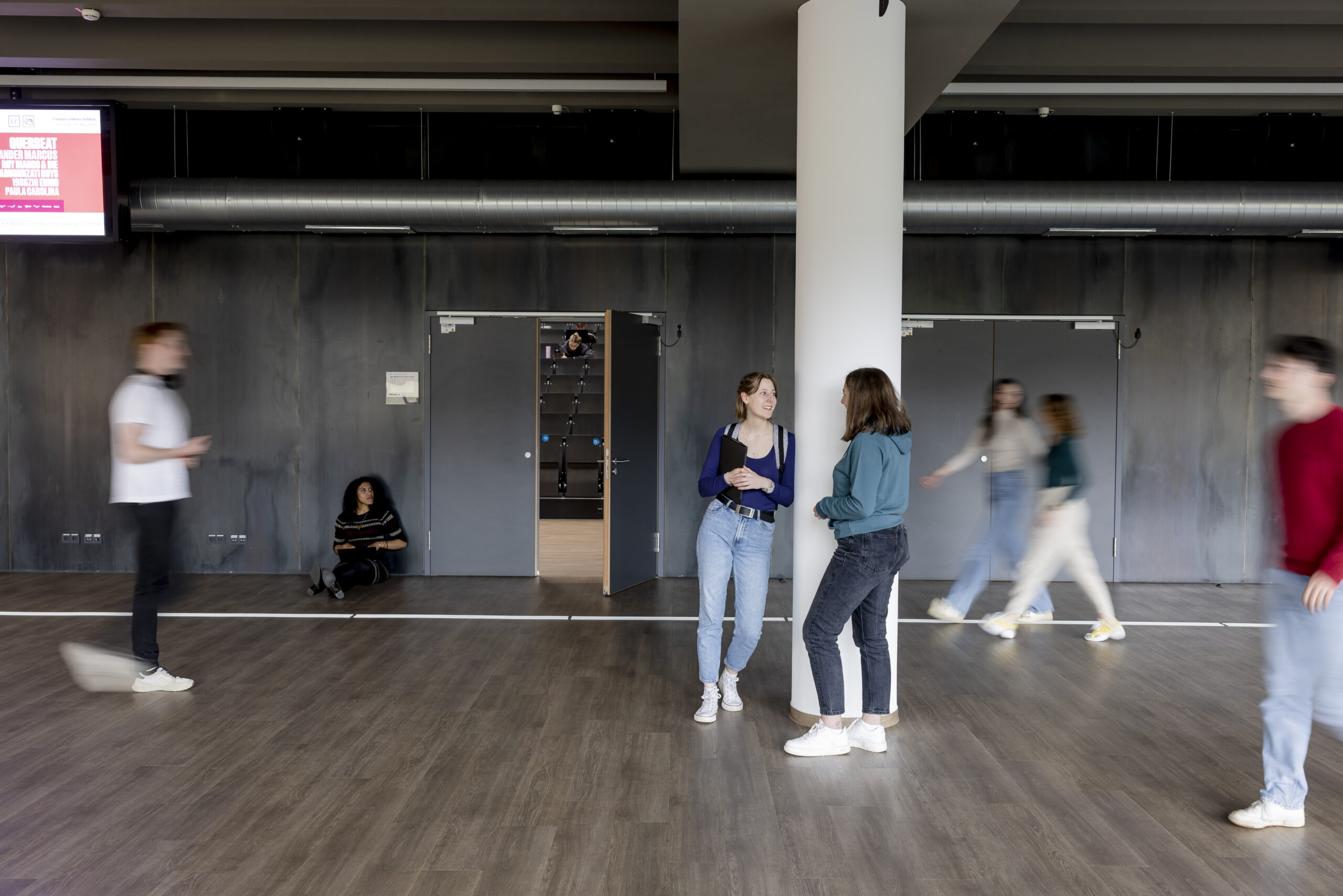
Master
Nanoscience and Nanotechnology
Short information
| Restricted admission | Regular study time | launches |
| yes | 4 semesters | winter semester |
Admission procedure
The study program is restricted, please find more information here.
Application period
For the intake winter semester: January 1Saint until April 30th
Study Program
If you want to study nanoscience and nanotechnology, then the master’s program “Nanoscience and Nanotechnology” is ideal for you. During your studies, you will gain a solid scientific and technical basis and you will have the opportunity to focus on the physical, chemical and engineering fundamentals of nanoscience and nanotechnology.
The course is interdisciplinary: Chemists, Electrical Engineers and Physiocists Work Closely Together. The aim of the course is to impart current knowledge in the field of nanoscience and nanotechnology and to convey the ability to successfully apply this knowledge to new problems. To this end, in-depth scientific skills are acquired, including communication skills, which enable students to work independently across traditional subject boundaries and to develop, evaluate and use new methods.
In March 2025, we open up our research center ‘INCYTE’ . This state-of-the-art facility provides 600m2 of advanced clean room facilities for actively producing nanocircuits and devices, such as intelligent cameras and sensors. Furthermore, INCYTE provides advanced electron microscopy nanoanalytics (TEM, SEM, FIB,..) to explore and understand materials and structures down to the individual atomic level. The facility additionally incorporates biologic laboratories at biohazard 2 level, to be able to handle and explore advanced biochemical systems and sensors for biomedical applications. The INCYTE facilities are open to our students, who participate in world-class research in the form of internships, experimental courses and active research lab tasks.

5 reasons to study Nanoscience and Nanotechnology in Siegen
✓ Personal support from renowned professors and scientists in small course groups
✓ a wide range of options for in-depth study, e.g. in chemistry, electronic engineering or nanophysics
✓ extensive laboratory courses as practical preparation for starting your career
✓ good connections to the chairs with a wide range of opportunities for student part-time jobs as well as research and teaching projects
✓ easy orientation, especially at the beginning of your studies, thanks to a coordinated timetable
Career prospects
The master’s degree programme “Nanoscience and Nanotechnology” is designed to obtain a professional qualification for a career in the field of nanoscience and nanotechnology, and in principle to prepare for a doctorate in physics, chemistry, engineering and other areas of nanoscience and nanotechnology. Aim of this study program is also to train managers for industry, business and authorities as well as young academics.
Admission requirements
The “Nanoscience and Nanotechnology” programme always begins in the winter semester. Applicants with a subject-specific university entrance qualification must meet certain entry requirements:
1. B.Sc. in Physics, Chemistry or Electrical Engineering (with grade 2.7 or better)
For other B.Sc. degrees (with grade 2.7 or better) there is the possibility to qualify on the basis of letters of recommendation and/or a discussion with academic experts.
2. Proficiency in English (not requested for students with a high-school degree in the EU and from native English-speaking countries).
Information on application and admission
Course structure
The master’s degree programme ‘Nanoscience and Nanotechnology’ is designed depending on the bachelor’s degree. The course includes an adaptation block corresponding to the student’s previous education (24 credits), a general compulsory area with six modules (42 credits), a compulsory elective area (24 credits) and the master’s thesis (30 credits).
| Study section I | ||
| 1. – 2. semesters In the first semester, students complete an adaptation block to acquire the general fundamentals of the respective sub-disciplines of chemistry, electrical engineering and physics in nanoscience. In the second semester there are the compulsory courses “Nanochemistry” and “Physics of nanoelectronics devices”. Two lab courses are planned: “Micro and Nanotechnology” and “Nanosynthesis, nanosafety and nanoanalytics”, which cover the experimental methods of nanoscience (including nanotoxicology) in Siegen. | ||
| Study section II | ||
| 3. – 4. semesters In the third semester, students have the opportunity to choose from a wide range of elective courses. At the same time, they attend the compulsory module “Photonics Devices,” and undertake a research internship (12 CP) in a research group in preparation for the master’s thesis. In the fourth semester, the master’s thesis (30 credits) plays a central role in the research-oriented course and in the acquisition of key qualifications. | ||

Advice and Contact
Make an appointment at:
info.studienberatung@zsb.uni-siegen.de
or phone: 0271 740-2712
(Monday – Thursday: 9 a.m. - 4 p.m. / Friday: 9 a.m. – 12 noon)